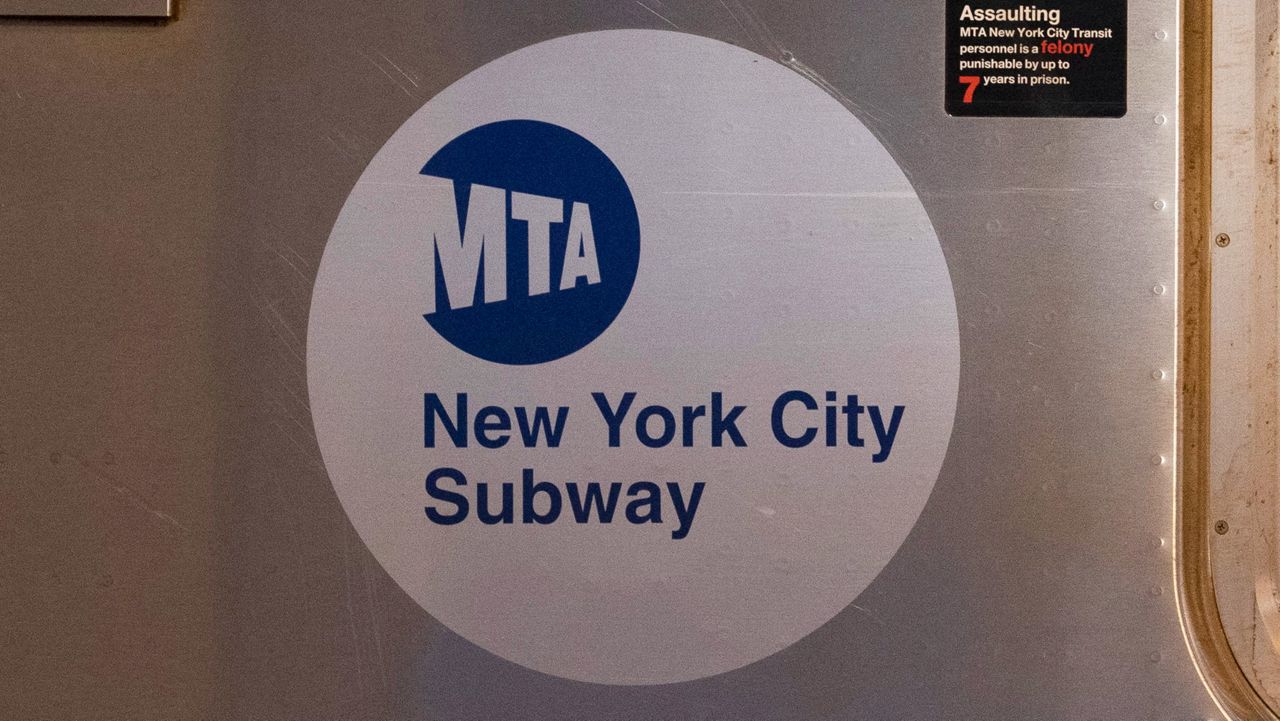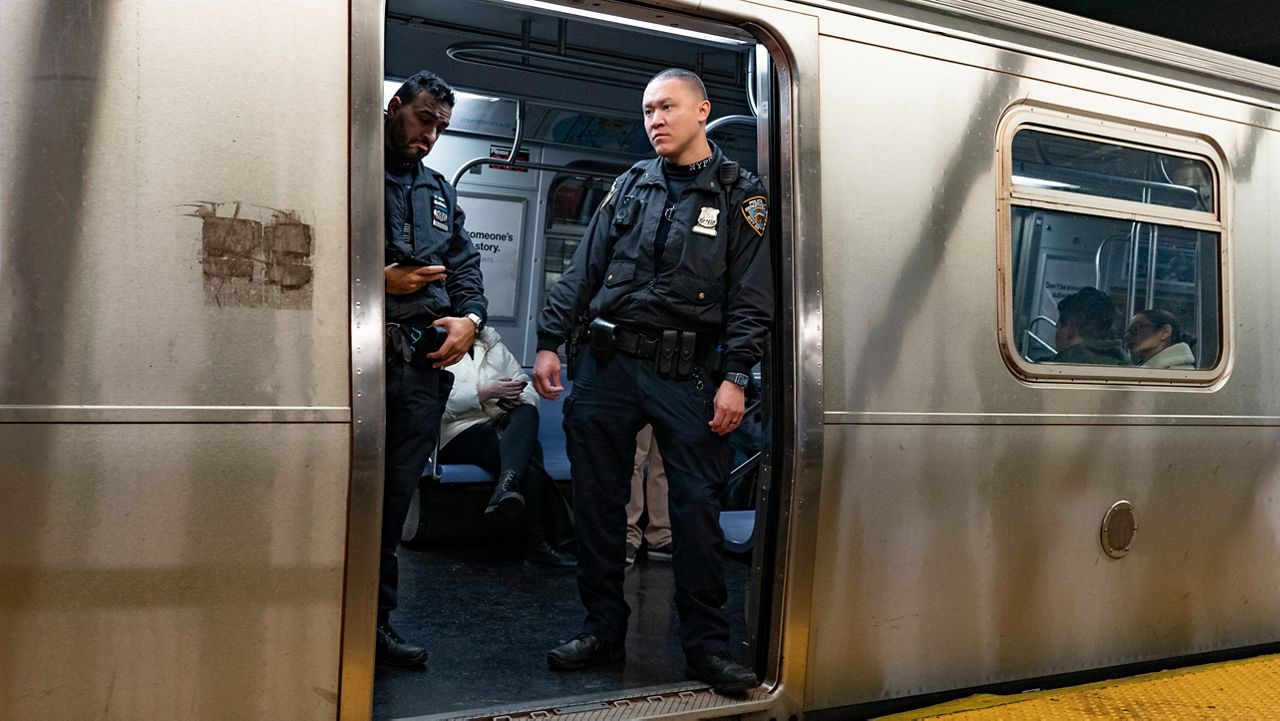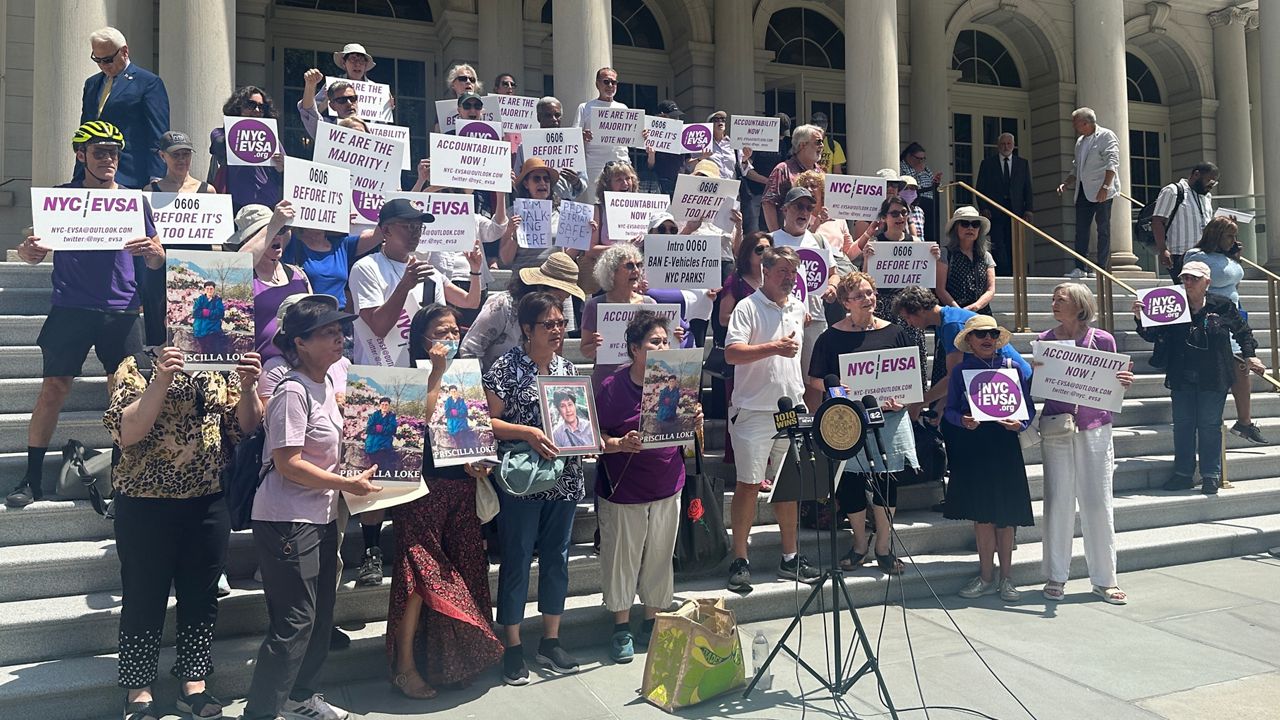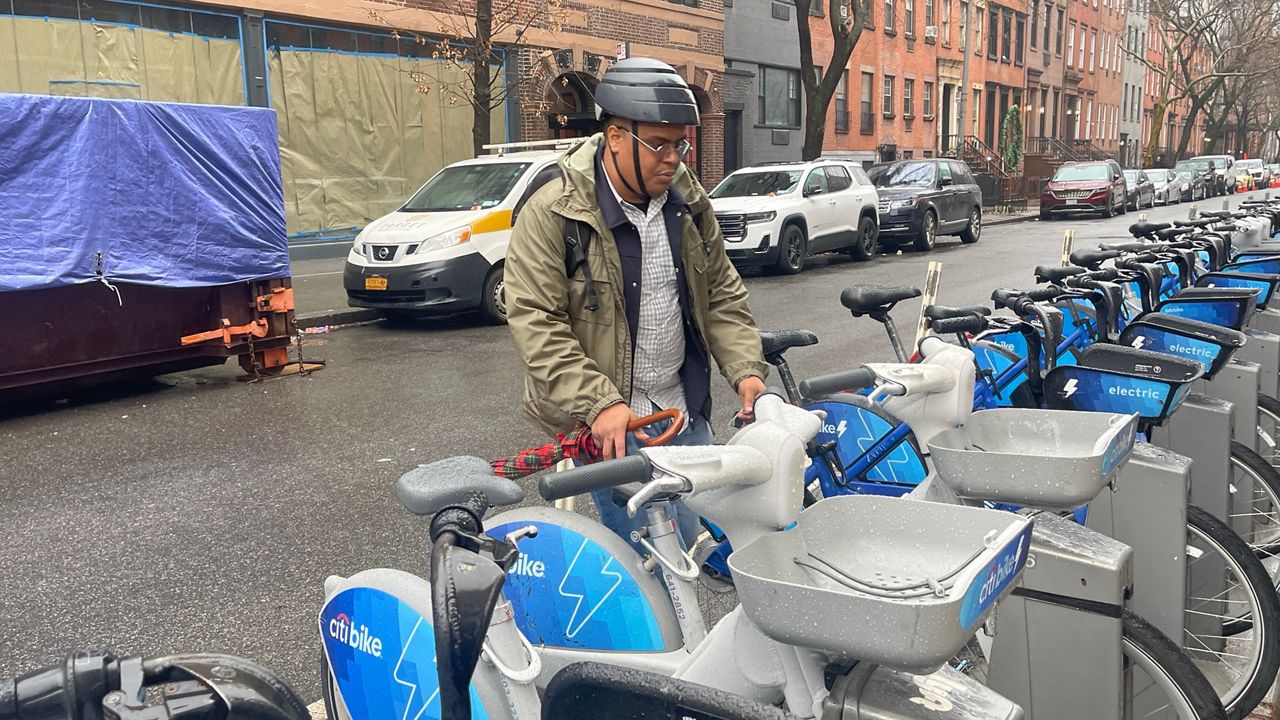In just a few short months, New York City will restrict what kinds of e-bikes and scooters can be sold, requiring them to have specific certifications.
Mayor Eric Adams signed the legislation into law in March, but it doesn't take effect until late in September.
E-bikes and scooters have been rapidly growing in popularity around the city, and bike shops have taken notice.
“Pre-pandemic, we sold a few e-bikes here and there. Post-pandemic, we’re selling a lot more e-bikes,” said Shane Hall, who buys the merchandise then sold to customers at Bicycles NYC on the Upper East Side.
“I probably get a phone call two to three times a week from some vendor that has an e-bike for sale,” Hall added.
So they sell more and fix more of them, too, as the number of fires associated with the bikes and scooters have been rising.
“Some are designed well and evaluated for safety and others are just kind of coming in and being sold for much cheaper than those,” said Adam Barowy, a research engineer with the UL Fire Safety Research Institute.
The hundreds of fires that started with these bikes and scooters the last few years spurred the legislation signed by Mayor Adams.
All e-bikes and scooters sold in stores will be required to have Underwriter Laboratories (UL) certification, a safety stamp of approval that is a gold standard in the United States.
UL certification can be found on most household appliances, including toasters and refrigerators.
“It does help bolster consumer confidence. I know the product that I’m buying that’s UL certified is going to be safe,” said Hall.
That's why Hall said his shop, already picky about what e-bikes and scooters they sell, are getting rid of any bike that does not have UL certification. He said they had bikes with European certification but not anymore.
Hall said the law can help but fears there won't be an impact on the online market, where there's a wide range in e-bikes and scooters available — and for batteries — for sometimes significantly less money and less information.
“You can have a battery that looks OK, fits on your bike. You may not be sure if that battery is safe or not if it’s not certified," said Hall. "The other problem of the equation is this: You might have a battery that’s safe. You may have a battery that’s certified. Is it certified for that bike?”
A city spokesperson said the requirement for e-bikes and scooters will apply for online sellers as well, and it will be enforced by the Department of Consumer and Worker Protection.
A spokesperson with the department said it would begin with education-focused enforcement, and after that, it will inspect businesses for compliance when the law goes on the books in late September.









